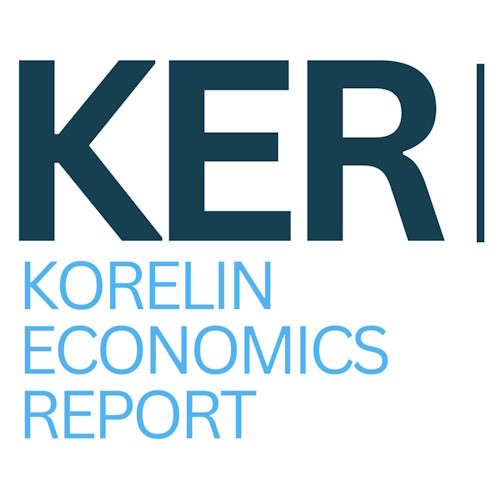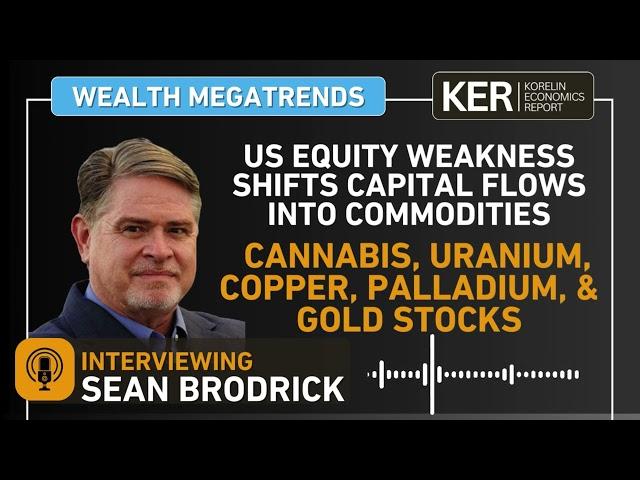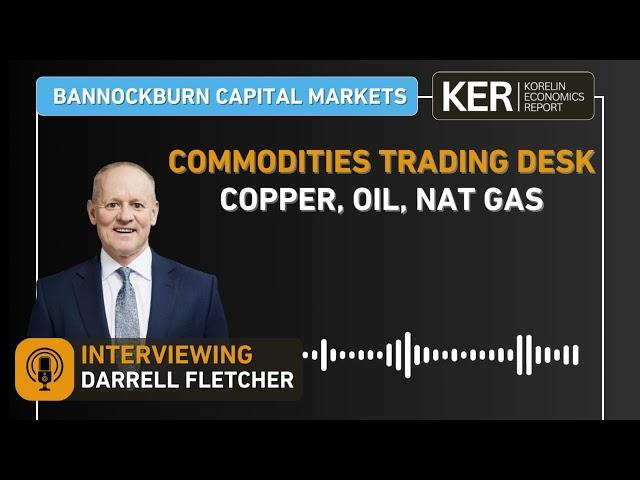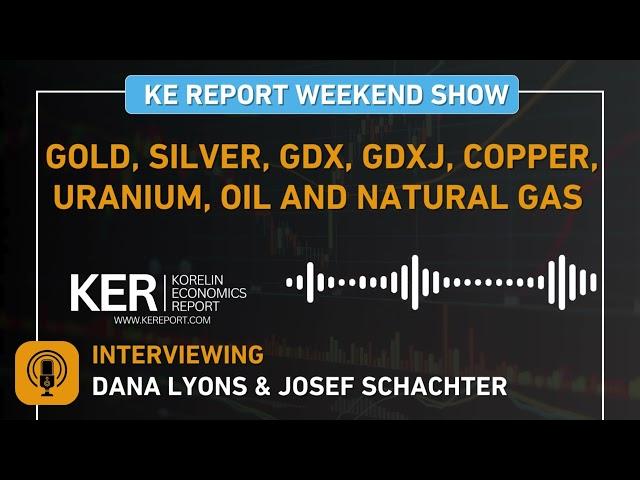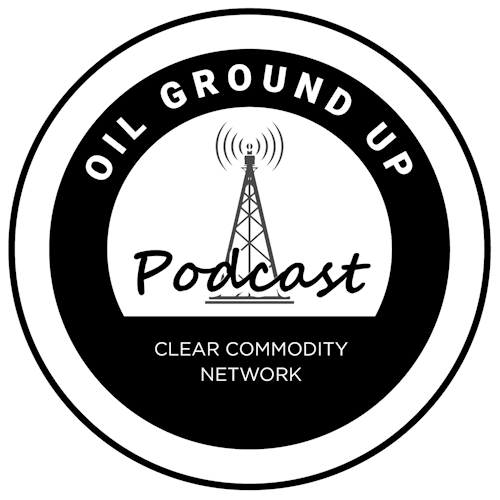
The Policy Price Tag: Inside the Uneconomic World of Renewable Diesel
Rory speaks with Bloomberg expert Brett Gibbs about the Renewable Fuel Standard (RFS) and its profound impact across energy, agriculture, and gasoline prices. Brett highlights the market's policy-driven nature, contrasting stable ethanol volumes with the rapid, four-fold growth of renewable diesel, which now significantly displaces petroleum diesel. A key distinction is renewable diesel's chemical identity to petroleum diesel, allowing one-for-one substitution and no blend limits, unlike biodiesel. However, renewable diesel production remains uneconomic without crucial policy support like RFS RINs and tax credits, as feedstock costs (e.g., soybean oil at $4/gallon) vastly exceed petroleum diesel prices ($2.33/gallon). The conversation delves into the RFS's complex credit system and recent policy shifts favoring domestic feedstocks, such as the removal of indirect land use change penalties on US soybean oil, boosting its tax credit value. While roughly 50% of feedstocks are waste-based, scaling these is challenging, leading to reliance on virgin oils like soybean oil, which accounts for up to 50% of US soybean oil production now. Looking ahead, the US biofuel industry is expected to see a plateau in growth, with the administration aiming for stable 80% utilization to balance agricultural support with consumer fuel costs, while buying time for new technologies. Key indicators for tracking the market include the D4 RIN price and soybean oil prices






